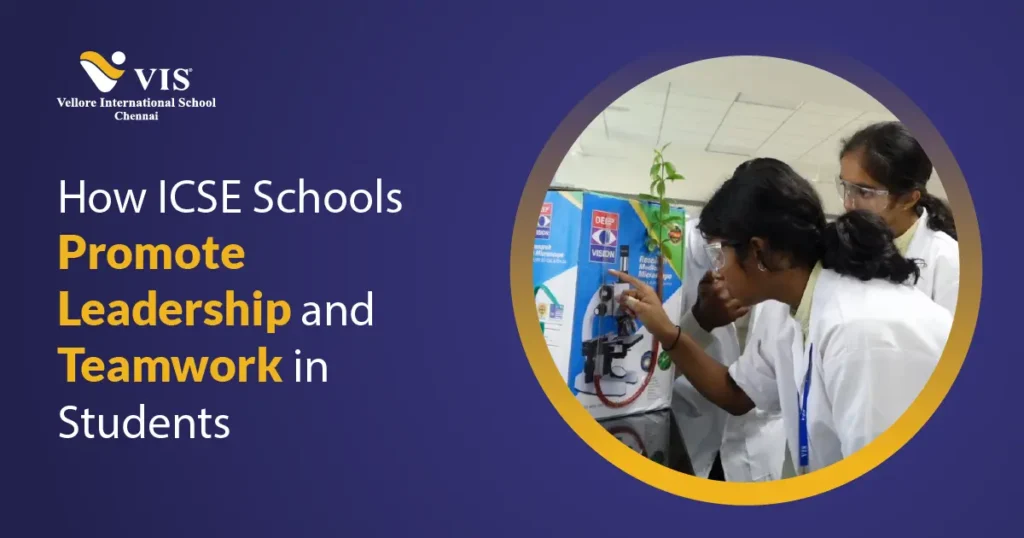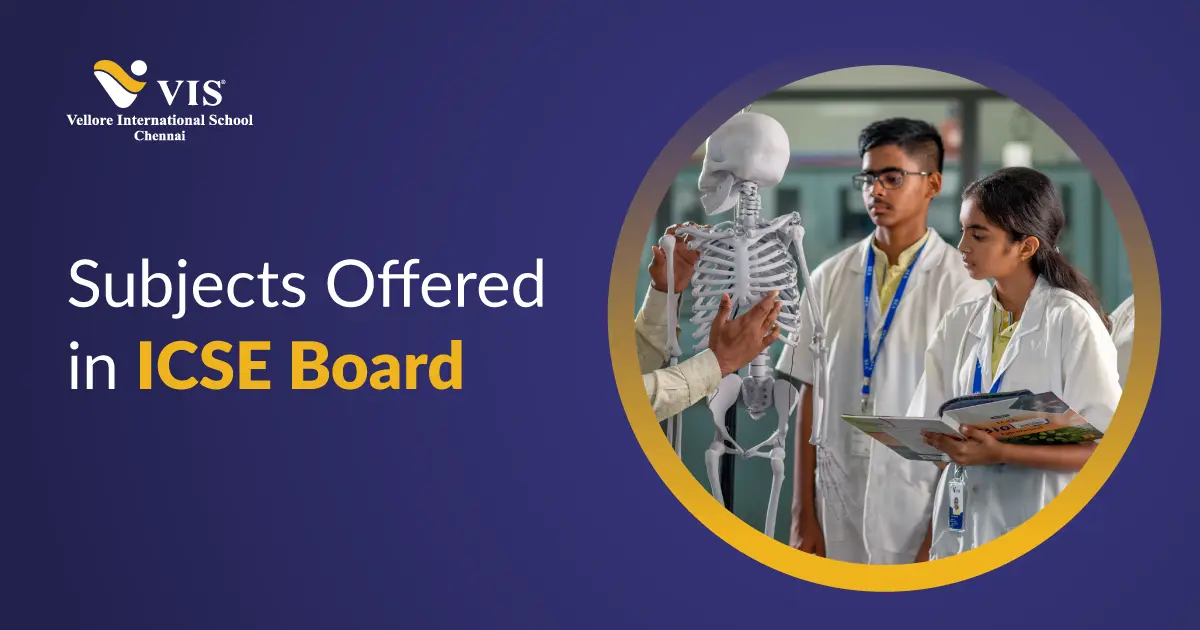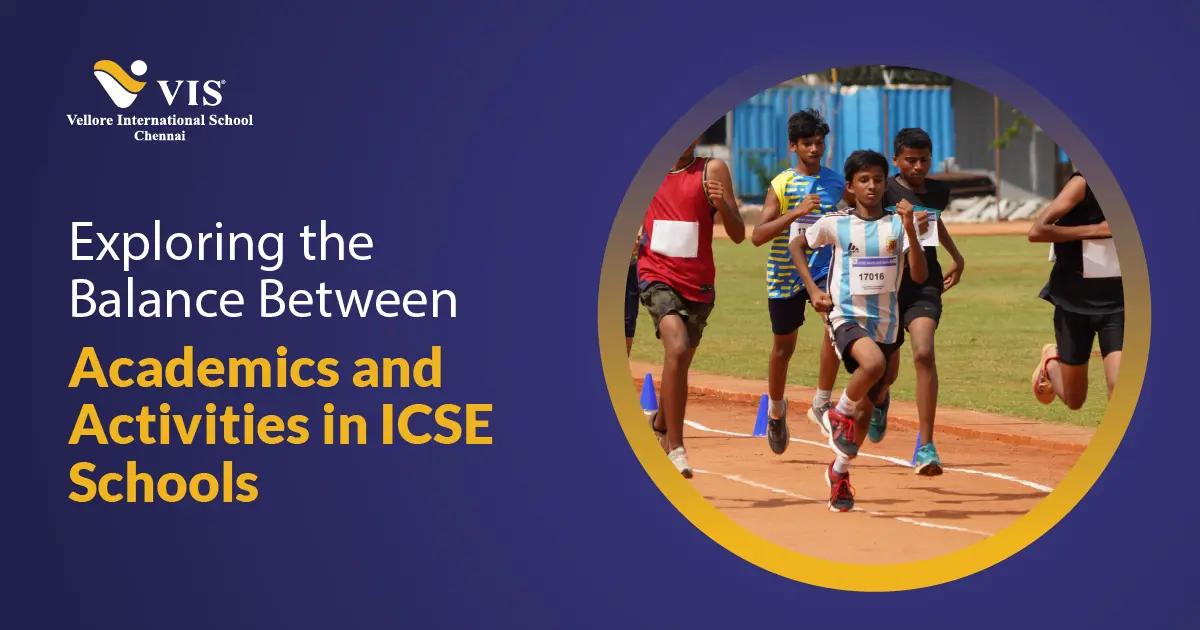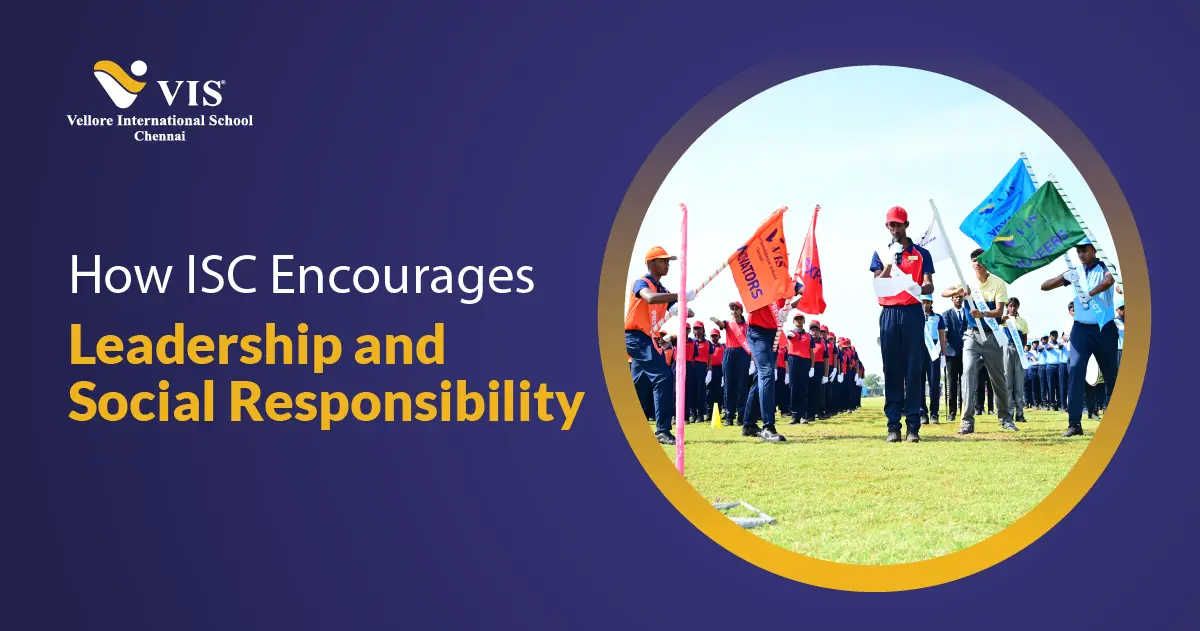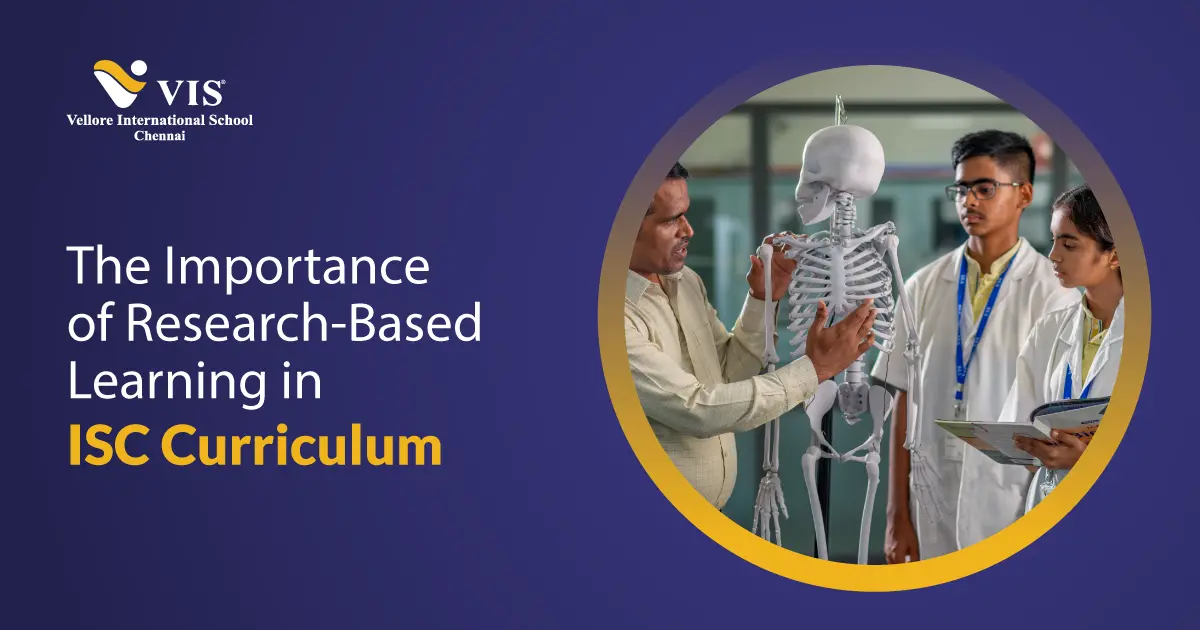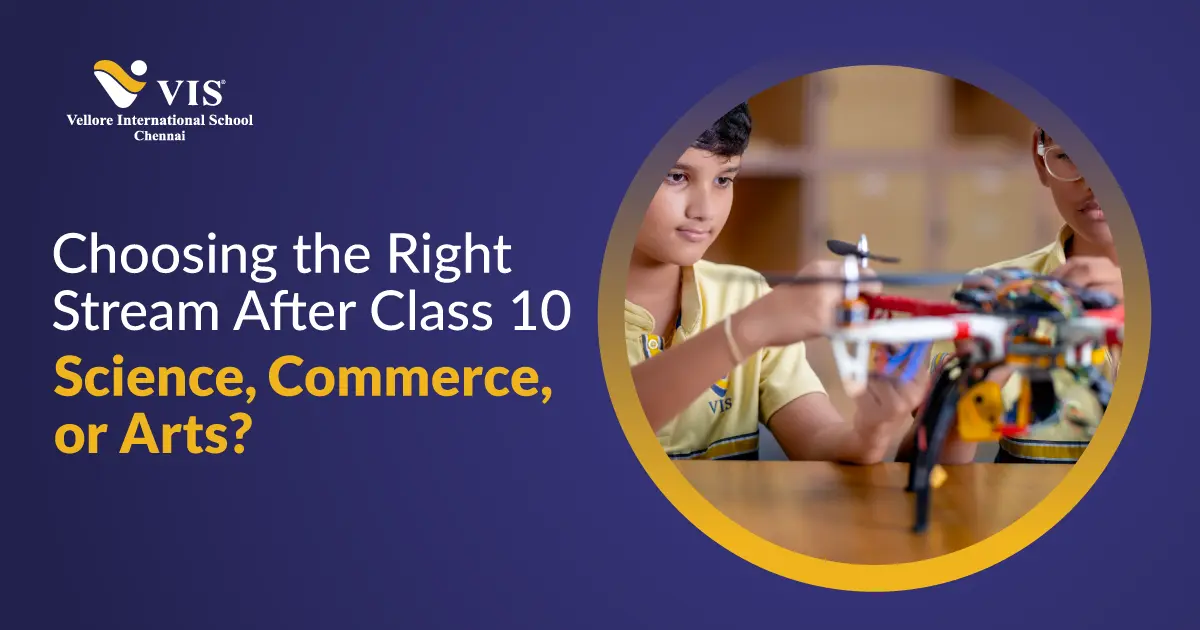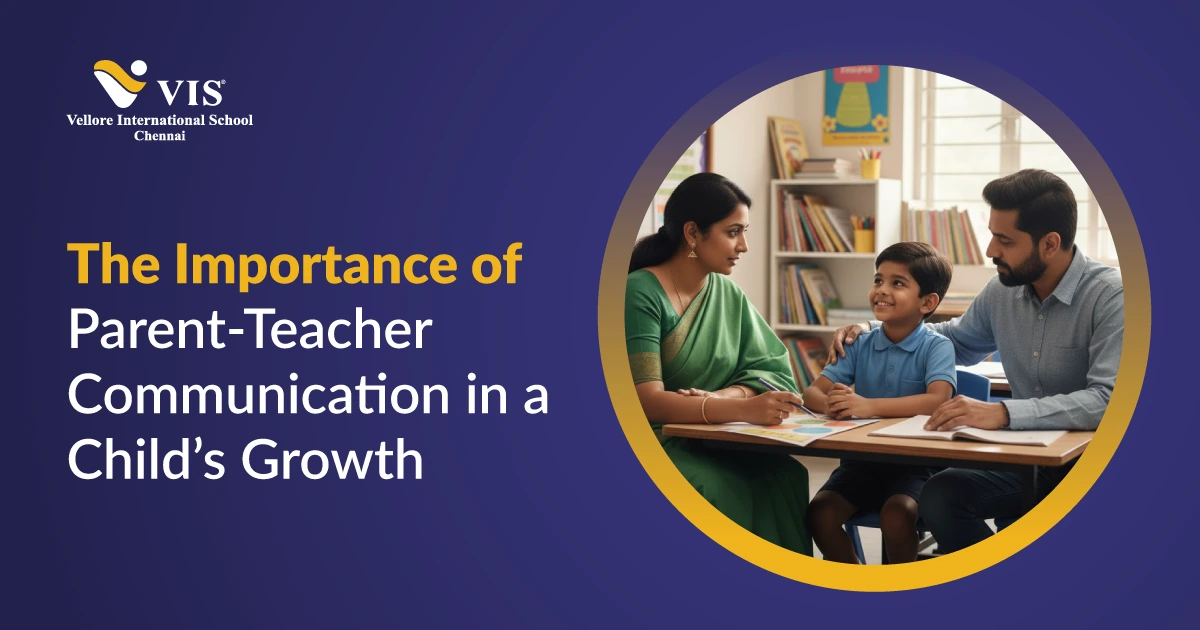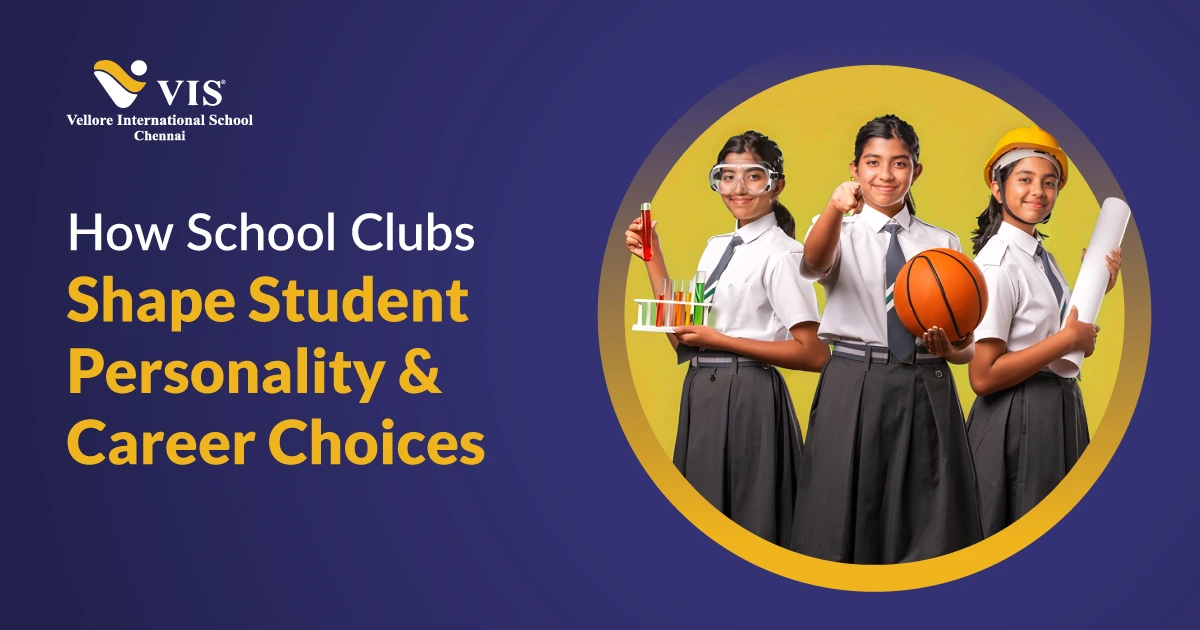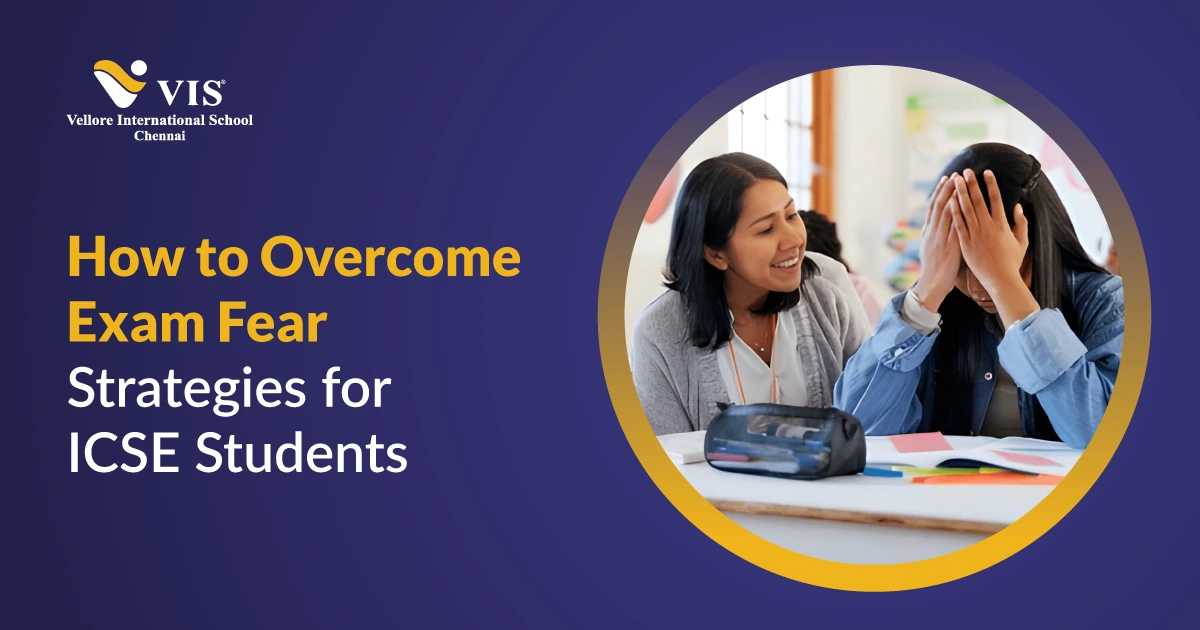ICSE schools are not only known for academic excellence but also for their strong focus on holistic development. One of the most impactful ways they prepare students for the future is by nurturing leadership and teamwork in students through structured activities, curriculum design, and institutional values. In this blog, we explore how the ICSE framework and schools create an environment that builds these essential 21st century skills.
Why Leadership and Teamwork Matter Today?
Where does success in the modern world truly begin? Beyond marks and degrees, it often starts with how well a person can lead and collaborate. Soft skills like leadership and teamwork are vital. Employers seek candidates who can think independently and work cohesively in teams.
Universities prefer applicants who’ve held leadership roles or demonstrated collaborative abilities. At the core of this skill building process lies the school environment. This is especially true for ICSE institutions that have always prioritised value based and holistic learning.
21st-Century Relevance of Leadership and Teamwork
Today’s students will work in jobs that don’t exist yet. The future is unpredictable, and adaptability is key. Leadership and teamwork are the most future proof skills a school can nurture. ICSE schools are aligned with this reality.
According to a 2023 report by the World Economic Forum:
- Leadership and social influence are among the top 10 skills of the future.
- Collaboration and teamwork are crucial for innovation economies.
What Makes the ICSE Curriculum Special?
The Indian Certificate of Secondary Education (ICSE) board is widely respected for its detailed and rigorous academic curriculum. But beyond textbook knowledge, ICSE schools are built on an educational philosophy that encourages creativity, critical thinking, moral values, and collaboration.
Here’s what makes ICSE particularly conducive to building leadership and teamwork in students:
- Project-Based Learning: ICSE places significant weight on practical and project work, encouraging students to work in teams.
- Subject Diversity: Students can choose from a wide range of subjects, allowing them to explore different skills and lead based on their interests.
- English Language Mastery: Communication is a fundamental leadership skill. The ICSE curriculum places a strong focus on the English language, fostering clarity and confidence in public speaking and writing.
This combination ensures that ICSE schools produce future ready individuals capable of working well with others and leading with purpose.
How ICSE Schools Build Leadership in Students?
Leadership is not just about standing in front of a crowd. It’s about vision, empathy, initiative, and accountability. ICSE schools foster these qualities in numerous ways.
1. Student Council and Elections
Most ICSE schools have a democratically elected student council. Through campaigns, speeches, and debates, students learn how to present ideas, build consensus, and represent their peers responsibly.
Being a part of the student council helps in:
- Understanding leadership roles and hierarchies
- Developing negotiation and conflict resolution skills
- Practising accountability and responsibility
These practical experiences form the base of nurturing leadership and teamwork in students.
2. Classroom Leadership Opportunities
Teachers in ICSE schools frequently rotate classroom leadership roles such as group leaders, activity coordinators, and debate moderators so that every student gets a chance to lead. This builds confidence and encourages participation even from introverted students.
3. Inter House Competitions
Competitions are a major part of ICSE schooling. If it’s quizzes, dance, sports, or literary contests, houses compete in a structured and motivating format. Students get a chance to lead teams, plan strategies, and inspire peers to perform better.
According to a 2022 education survey by ASER, students who participate in extracurricular leadership roles show 35% higher confidence in problem solving and communication.
How ICSE Schools Encourage Teamwork?
Teamwork is a skill that requires practice, observation, and regular feedback. ICSE schools provide this through an ecosystem of collaboration.
1. Group Projects
As part of ICSE’s internal assessments, students engage in collaborative projects in subjects like Science, History, and Environmental Education. These projects help students:
- Divide tasks efficiently
- Collaborate on research and writing
- Resolve disagreements constructively
This constant practice contributes heavily to leadership and teamwork in students.
2. Co-curricular Clubs and Events
Drama club, Model United Nations (MUN), Science fairs, and community service groups are examples of platforms where students work as teams with a shared purpose. According to research by the National Education Association (NEA), participation in co-curricular clubs improves team coordination by 47% among students by the time they graduate.
3. Sports and Physical Education
Team sports such as football, cricket, volleyball, and relay races are breeding grounds for trust, collaboration, and leadership under pressure. ICSE schools focus on the value of physical education for health and for cultivating social and emotional intelligence, which are core to leadership and teamwork in students.
The Role of Teachers and Mentors:
In ICSE schools, teachers go beyond the traditional role of information providers. They become facilitators, mentors, and leadership role models. Through:
- Open discussions
- Encouragement of initiative
- Individualised attention
Teachers at ICSE schools help students develop self-worth and social awareness, two foundational blocks of leadership and teamwork in students. Mentorship programs, leadership development workshops, and regular feedback loops ensure that students reflect on their strengths and learn from their mistakes.
Parent Involvement in the Leadership Journey:
In ICSE schools, parents are active stakeholders in the development of leadership and teamwork in students. Schools maintain open lines of communication with parents through:
- Student Progress Reviews
- Leadership Portfolios
- Joint Parent-Student Leadership Events
This triangular relationship between student, teacher, and parent accelerates growth and accountability.
Vellore International School (VIS): A Culture of Leadership and Collaboration
Vellore International School (VIS), one of the premier ICSE schools in Tamil Nadu, exemplifies this vision of holistic student development. Located in Chennai and spread across a serene, green campus, VIS is a place of learning and a leadership lab. At VIS, every initiative, from classroom interactions to global exchange programs, is designed to promote leadership and teamwork in students.
How VIS Promotes Leadership:
- Leadership Curriculum: VIS has specially designed leadership modules integrated into its academic structure. These include empathy workshops, speech training, and ethical decision making classes.
- Student-Led Initiatives: From organising cultural fests to managing eco clubs, students are given autonomy to lead under guided mentorship.
- Leadership Bootcamps: VIS frequently hosts residential camps and leadership retreats that focus on self-awareness, vision building, and public speaking.
How VIS Builds Teamwork:
- Collaborative Classrooms: VIS promotes open dialogues and team based learning. Group activities are common in subjects across the board.
- Community Service Projects: If it’s tree plantation drives or helping nearby rural schools, students at VIS work in teams to make a live impact.
- Sporting Events: The VIS sports department is robust, hosting intra-school and inter-school competitions that promote healthy competition and cooperation.
The vision of VIS is rooted in the belief that academic excellence should be complemented with real world skills, especially leadership and teamwork in students. This alignment with ICSE philosophy makes it a shining example for schools across India.
Final Thoughts: Leadership and Teamwork Begin Early
If leadership is about influence and vision, and teamwork is about unity and execution, then schools are the perfect training ground. ICSE schools are doing an outstanding job of nurturing these traits in young minds. From classrooms to playgrounds, from debates to eco-clubs, every activity is a stepping stone toward building the future leaders of society.
By weaving leadership and teamwork in students into the very fabric of schooling, ICSE schools are producing not just achievers, but well-rounded, socially responsible leaders of tomorrow.
FAQs
1. How do ICSE schools develop leadership and teamwork in students?
ICSE schools use structured activities, student councils, project-based learning, and extracurricular clubs to foster leadership and teamwork in students from an early age.
2. Why is leadership and teamwork in students important for the future?
These skills are crucial for success in modern careers that require collaboration, problem-solving, and innovation, especially in a globalised economy.
3. What makes Vellore International School (VIS) stand out in promoting student leadership?
VIS combines ICSE academic rigour with real world leadership modules, international exposure, and student initiatives that build confidence and teamwork.
4. What activities help build leadership and teamwork in ICSE students?
MUNs, student councils, house competitions, group projects, sports, and leadership boot camps are key activities used in ICSE schools.
5. Can students from ICSE schools handle corporate and social leadership roles effectively?
Yes. ICSE students are known for strong communication skills, ethical leadership, and the ability to work in teams, traits highly valued by employers and universities

